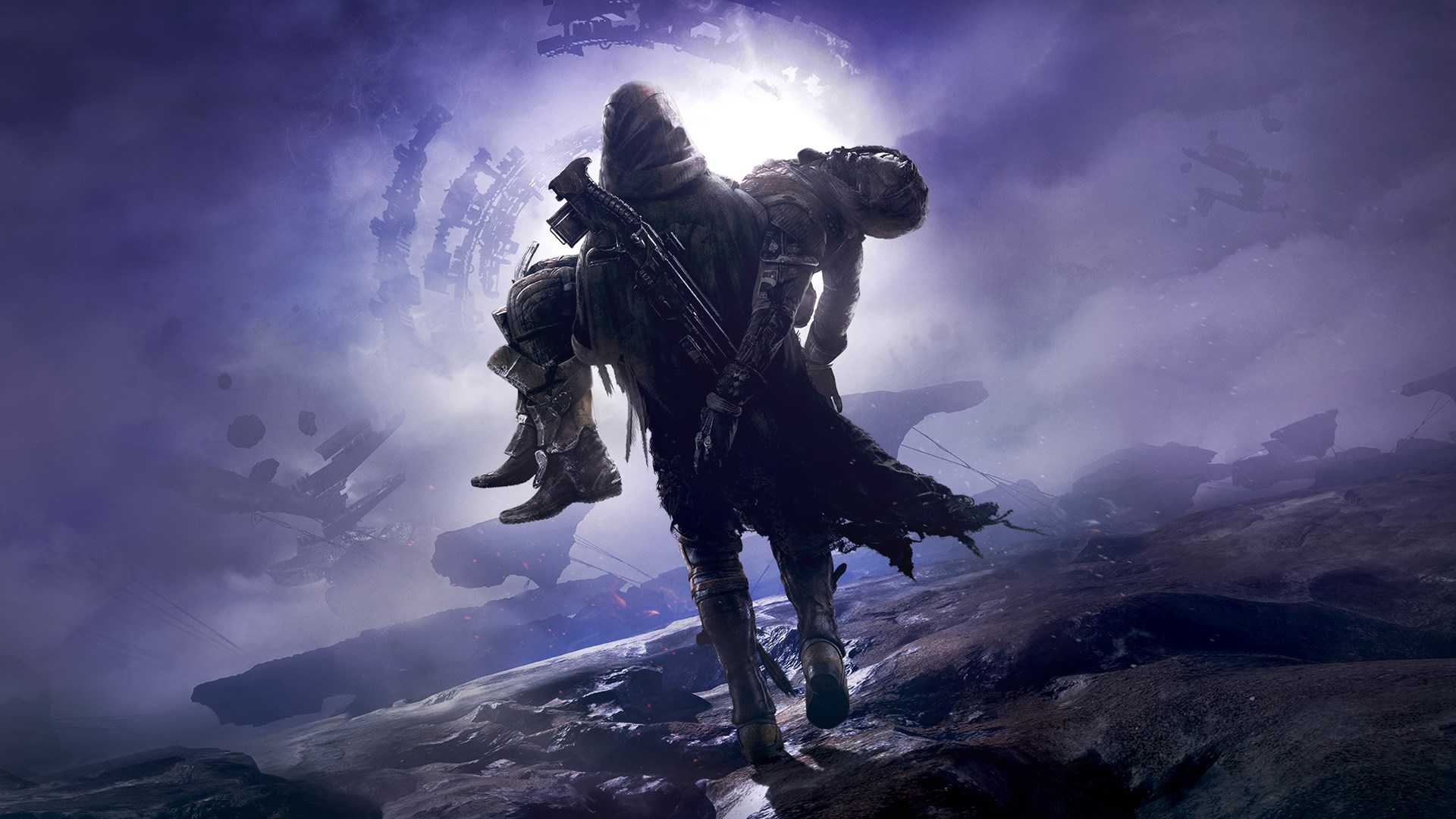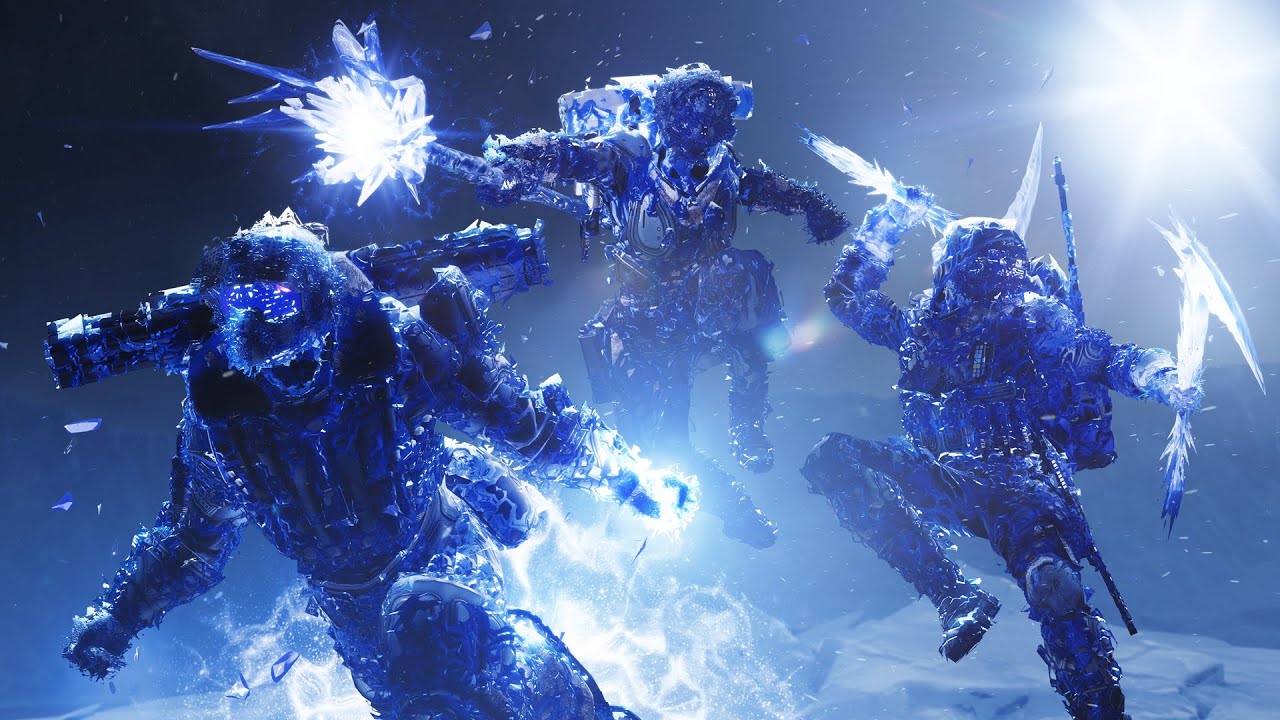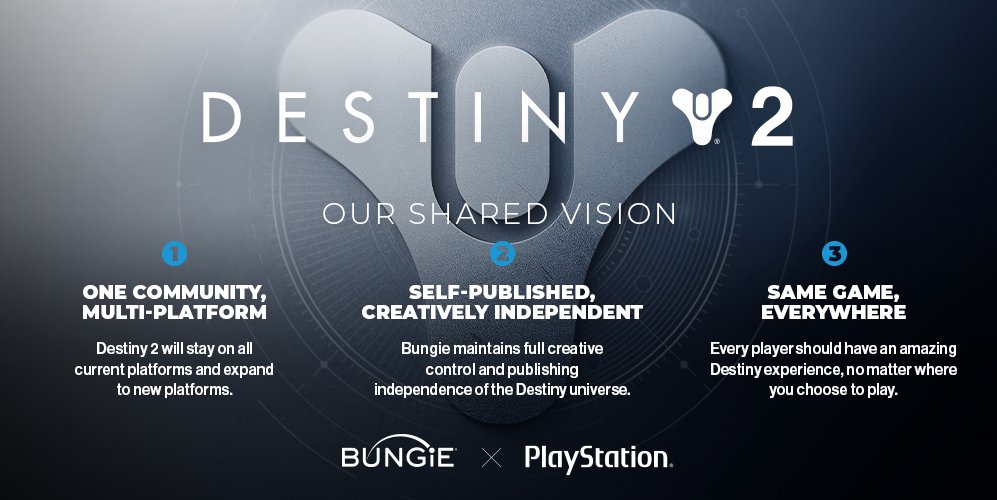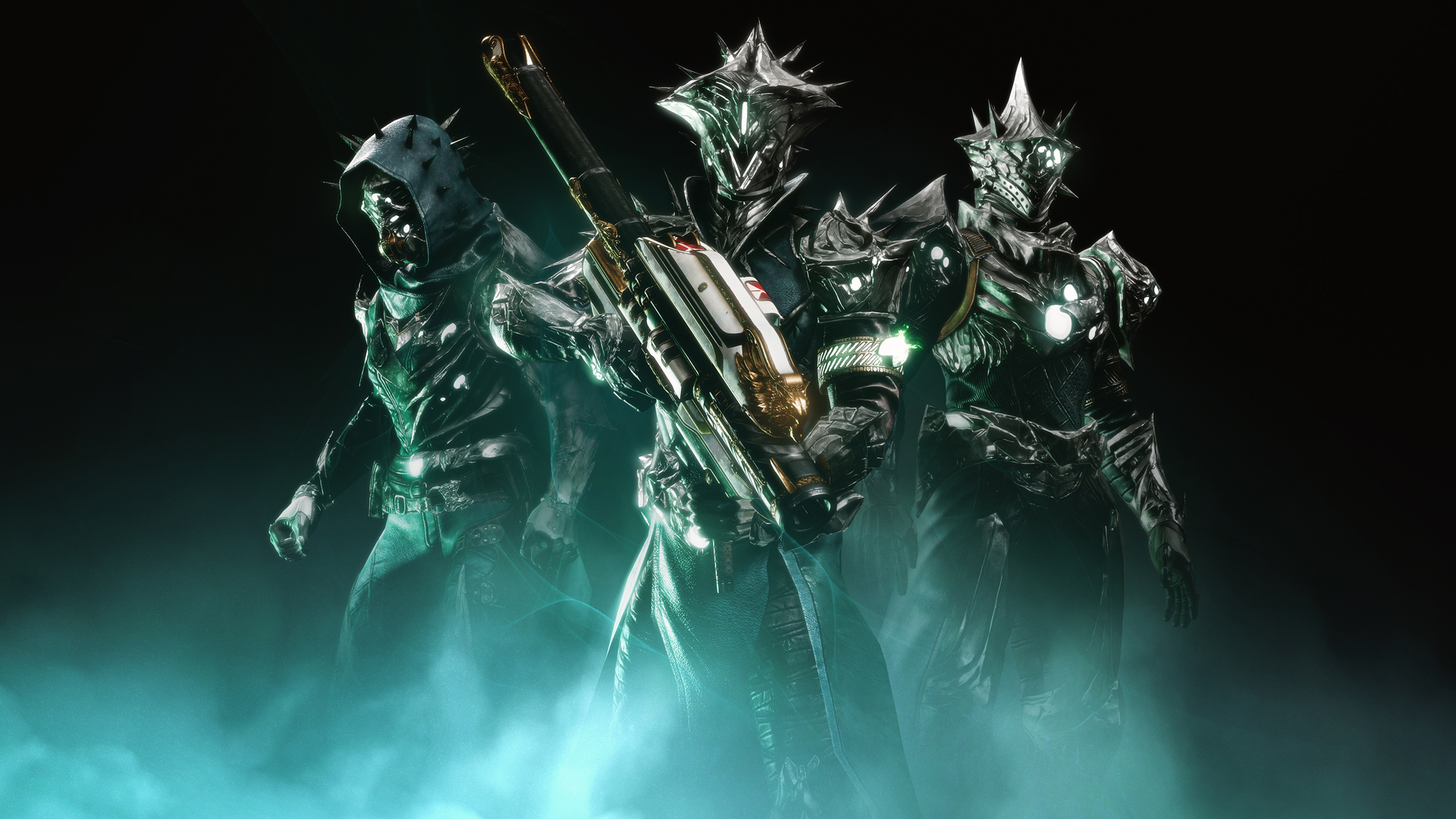Sony's Bungie buyout: What it means for both companies and Destiny 2 players
Securing its Destiny

Gaming has officially entered an arms race. With Sony’s proposed acquisition of Bungie, after Microsoft picked up both Bethesda and Activision Blizzard, it’s clear this isn’t just a pattern - this is the new normal in the games industry. It feels like for as long as there are major video game developers and companies to be bought, history’s most expensive game of Hungry Hungry Hippos will continue.
Sony going into its pockets and picking up Bungie feels different from anything Microsoft has done yet, though. Activision Blizzard had fallen from grace. The company is currently being sued by the state of California over heinous allegations of sexism and harassment. On top of that, the once surefire hits like Call of Duty have waned, with Vanguard in particular disappointing last year.
Bungie is in a different place. While not without its own woes in workplace culture, as reported by IGN, Destiny 2 is remarkably healthy, and the company has been in a time of growth. It has been hiring exceptionally fast and is currently building a new headquarters in Seattle to house the expansion.
On top of that, Bungie has been building interests outside of just Destiny 2, be that ambitions of Destiny TV and films, but also in creating new multimedia and franchises. CEO Pete Parsons told the author of this article, then with Metro UK: “So we started about three years ago, Jason and Jonny Ebbert and Zach Russell and a few of us started working on new incubations. The way to think about that is not just on new games. I think that is often the parlance people use. Actually a process around how we want to incubate the potential for new titles, but more importantly, new and amazing talent.”
Other factors do make the deal particularity surprising too. For one, Bungie has been through this all before. The company has had two high-profile splits in its past. Ironically, they come from Microsoft and Activision. Bungie was previously owned by Microsoft, leaving in 2007, and also managed to get Destiny 2 out from under the wing of an Activision publishing deal back in 2019.
On top of that, Parsons has been publicly vocal against companies buying Bungie for years. When rumors circulated in 2020 that Microsoft was in talks to buy the company, Parsons got to Twitter to publicly rebuff it.
Nope.October 2, 2020
That’s why it’s surprising that Bungie has finally given up that fierce independence it’s championed for years. However, when you consider the climate of the games industry right now, as well as the rather unique terms of this agreement, there’s a lot that makes sense.
Sign up for breaking news, reviews, opinion, top tech deals, and more.
What does this mean for Destiny 2 and players?

Destiny 2 is the company’s flagship, and one of the biggest live service games in the world. As with Microsoft’s acquisition of Activision Blizzard, the conversation is quickly going to turn to ‘What about exclusivity? Will Destiny 2 or future games be exclusive to PlayStation?’
Thankfully, and curiously, it seems not. This is a different kind of acquisition than others we’ve seen at this scale. It seems like, genuinely, truly, Bungie will continue to release games on other platforms.
Bungie's bright future is only possible with you.If you share our vision for Destiny - a single global community that can play anywhere, on any device, join us! See you Starside.Joe Blackburn + Justin Trumanhttps://t.co/DfpTsH5hd2 https://t.co/sk60UBYGoR pic.twitter.com/Mn0EqtdpMhJanuary 31, 2022
In the FAQ about the acquisition, Bungie answered whether Destiny 2 or future games in development would become PlayStation exclusives. It said plainly: “No. We want the worlds we are creating to extend to anywhere people play games. We will continue to be self-published, creatively independent, and we will continue to drive one, unified Bungie community.”
It seems, as part of this deal, Bungie will keep its autonomy, which is very rare in acquisitions. On top of that, Bungie has a committed future to Destiny 2. The game is social in its nature and has only recently implemented cross-play, a feature that feels like it would be very hard to untangle from the game, both technically and ideologically.
Bungie has, as it says in the FAQ, announced expansions that will still be part of Destiny 2, too. Witch Queen is out in a matter of weeks, and, past that, Lightfall and The Final Shape will keep Destiny 2 going until at least 2025.
PC and Xbox players will be relieved to hear this commitment to a multiplatform future.
It’s strongly believed that, on top of wanting independence, one of the key reasons Bungie split from Activision in the first place is that it wanted to commit to Destiny 2. Activision is thought to have wanted Destiny 3 instead. It’s hard to believe Bungie would put itself in a position where that kind of decision would be out of its hands again, and it’d start rushing out a PlayStation exclusive sequel.
Despite healthy skepticism, which should be maintained, everything on the surface is exciting for Destiny 2 and its players. After the split from Activision, Bungie found its independence, but there had been statements that players probably shouldn’t expect expansions the size of Forsaken anymore (via GamesRadar). As part of the break, Bungie lost the support of Activision Blizzard developers Vicarious Visions and High Moon Studios. That impacted the size of what the developer could tackle per release.
Destiny 2 has since found a structure that works for the size of the studio. However, with extra funding and possible support studios, Destiny 2 could return to the enormous expansions and seasonal content of the past.
Symbiosis: What do Sony and Bungie get out of this?

Bungie is remaining fairly autonomous in this acquisition, it looks like the studio will retain creative control, publishing opportunities, and the ability to continue to publish to multiple platforms. So, what does Sony get out of this?
Well, the obvious answer is a cut of profits. There’s a lot more going on here though, and it signals how strange this buyout is in the current ‘acquisition climate’. This appears to be a more symbiotic relationship than anything Microsoft or Tencent has been doing thus far.
In an interview with GamesIndustry.biz, PlayStation head Jim Ryan plainly stated that Bungie will likely play a big part in the brand's future live-service games. He said: “I would back us to do [live-service games] ourselves, but when you have the potential to have a partner like Bungie who has been there, done it all before, learned the lessons, and have got this wonderful, brilliant team who is there and has the potential to help us... we think we can take something that would have taken a certain number of years, and significantly decrease the time it will take to get it right.”
Parsons also spoke about wanting Bungie to branch out from video games and into TV and Film. This is somewhere Sony, as a much broader company, can obviously help. He said: “[Sony is] one of the greatest entertainment companies in the world. We saw this great opportunity to build -- not just Destiny, we're working on more than Destiny -- these great interactive experiences, which we think we're good at. But also being able to explore these worlds even more.”
Both parties have a lot to gain from this partnership. This doesn’t feel like Sony coming in to buy Bungie to beef up its PlayStation division. This feels like two entities that will benefit from one another’s expertise, filling out their gaps.
Guardian

Before this announcement, Bungie was a prime prize for a company trying to absorb a huge game studio. It seemed clear since Microsoft had gotten so bold in its spending, PlayStation had to respond. It did, though in a very unique and interesting way. This is a retaliatory acquisition to Microsoft’s wanton spending, but this is also Sony buying a company in its prime, and showing exciting signs for the future.
However, more than that, Bungie has also secured its future in a volatile moment. With mega-corporations looking to spend, and spend big, it's not hard to imagine Bungie could have sold for more than the proposed $3.6 Billion if it wanted to, to a higher bidder. However, the company is securing the future on the best terms it can. Bungie comes under the wing of Sony, with the terms of fierce independence. It seems, for the most part, it will be left to operate as it is.
By agreeing to these terms, Bungie secures the company’s autonomy in a climate where major companies are looking to get their hands on massive independent studios just like Bungie. Hostile takeovers happen, offers too big to refuse to happen. It feels like anything can happen right now.
Bungie agreeing to this proposed purchase stops dead any prospective buyers who wouldn’t agree to give the studio the independence and autonomy it needs to continue building the future it has been. This is a unique deal, with unique implications for a unique game studio. Everything about this feels different than any of these previous major acquisitions, and one wonders if it ever will again. Bungie has found relative buoyancy in frenzied waters, and right now, that seems about the best any major independent publisher or studio can hope for.

Patrick Dane is TechRadar Gaming's Guides Editor. With nearly a decade in the games press, he's been a consistent voice in the industry. He's written for a plethora of major publications and travelled the world doing it. He also has a deep passion for games as a service and their potential to tell evolving stories. To wit, he has over 2000 hours in Destiny 2, over 1000 in Overwatch and is now deeply into Valorant.